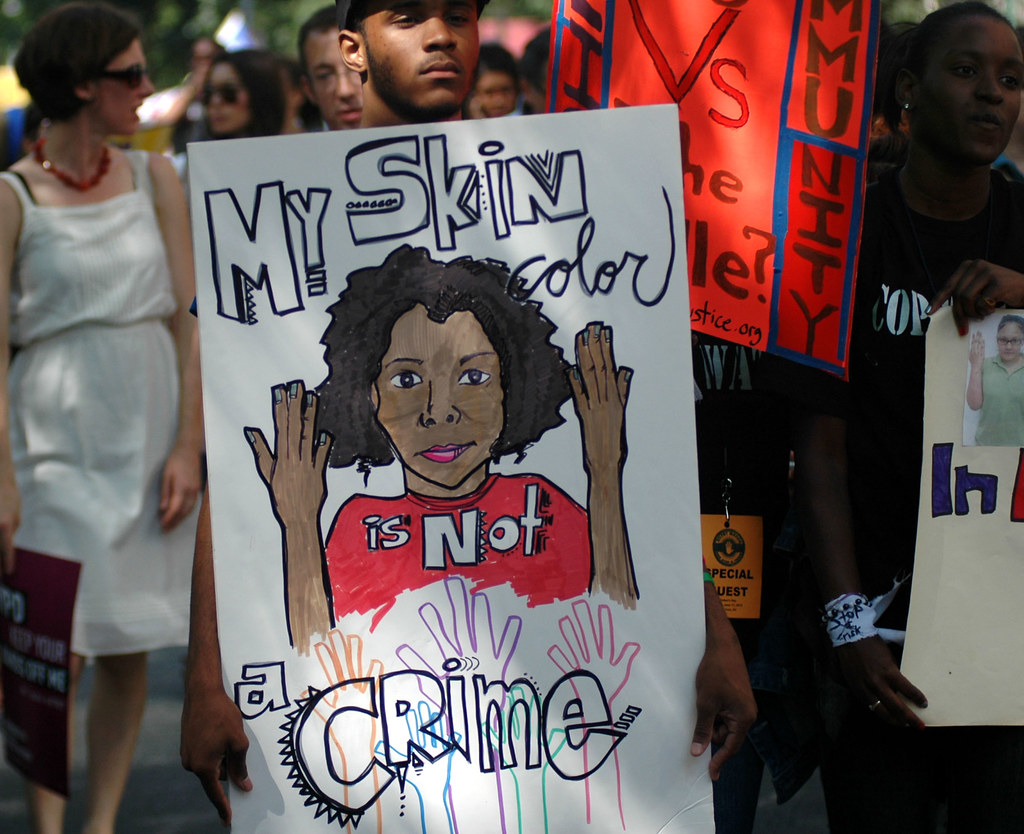
Ava Williams today
For the past 20 months, The Globe and Mail has been investigating the ways police respond to sexual assault victims. On average, in one in five instances, the police decide that a sexual assault allegation is “unfounded.” Nationally, the rate for physical assault is one in ten. In London, Ontario, a university town, the rate of “unfounding” is 30 percent. One in three sexual assault allegations are rejected out of hand by police. In London, Ontario, less than 2% of physical assault charges are deemed unfounded. Ava Williams knows these mathematics in her bones, and has said, “No!” On Friday, Ava Williams sued the London Police Services Board and Detective Paul Gambriel for violating women’s Constitutional right to equality.
On October 16, 2010, Ava Williams was eighteen years old, a first-year student at Western University, in London, Ontario. She went to a party, got drunk, blacked out, woke up outside, naked, under a tree, and found a man sexually assaulting her. She told him to stop, she said No, he didn’t stop. People came, he ran away, two women came to her aid. They found clothes for her. She said she wanted to go home, and so they put her in a cab and sent her home. When Ava Williams arrived at her dormitory, her parents and the police were notified. She was taken to the hospital for a sexual assault examination. She was interviewed, preliminarily. Then she was sent to police headquarters for the full, and filmed, interview. That began in the early afternoon, twelve hours after the assault. Ava Williams had not slept or eaten, and was hung over. That’s how she was when she met Detective Paul Gambriel.
From the start, Detective Gambriel doubted Ava Williams’s account. He wonders how drunk she really was, how much she does and does not remember, how her clothes could have been removed without being torn. All of this, and more, according to Canadian law, is completely beside the point. Once intoxicated, a person cannot consent. Period. The law be damned, Detective Gambriel insinuated and intimated, and Ava Williams decided not to pursue the case. The police easily found the man who raped Ava Williams, and let him off with a warning. A warning. The case was closed as unfounded.
Later, Ava and her family protested the proceedings. The London Police Service Board investigated Detective Paul Gambriel, and found him innocent of any wrongdoing. Twice over, the case was closed.
Then The Globe and Mail investigated the situation of unfounded sexual assault cases, and highlighted this one. Initially, Ava Williams insisted on a kind of anonymity, only using her first name, but when the series began to run and she saw the response, she decided to come out, say her name fully, Ava Williams, and sue: “I feel like I’m in a place that I can use my voice to help other people.”
Unlike an earlier similar case, in the 1990s, that of Jane Doe vs Toronto, Ava Williams is charging more than negligence. She’s protesting the violation of her civil rights as a woman. If she wins, the London Police Service Board will have to adopt the Philadelphia Model, in which advocates audit police case files looking for bias and missteps. According to Elaine Craig, a law professor specializing in sex-assault and constitutional law, “If it was litigated all the way up to the Supreme Court of Canada and the Supreme Court concluded that there was a constitutional obligation on the part of the police to adopt the Philadelphia Model, that would have massive ramifications for police services – that’s shooting for the stars. But I think just bringing a claim of this sort is groundbreaking, regardless of the outcome because … it’s framing the issue as a matter of constitutionality – as a fundamental right.”
Women, as women have a constitutional right to safety and well-being. You know what’s unfounded? 30 percent of sexual assaults are unfounded compared to 2 percent of physical assaults. You know what’s unfounded? That Ava Williams has had to go to heroic lengths to argue for simple decency and equality. You know what’s unfounded? A State that abandons women.
(Photo Credit: The Globe and Mail / Galit Rodan)
